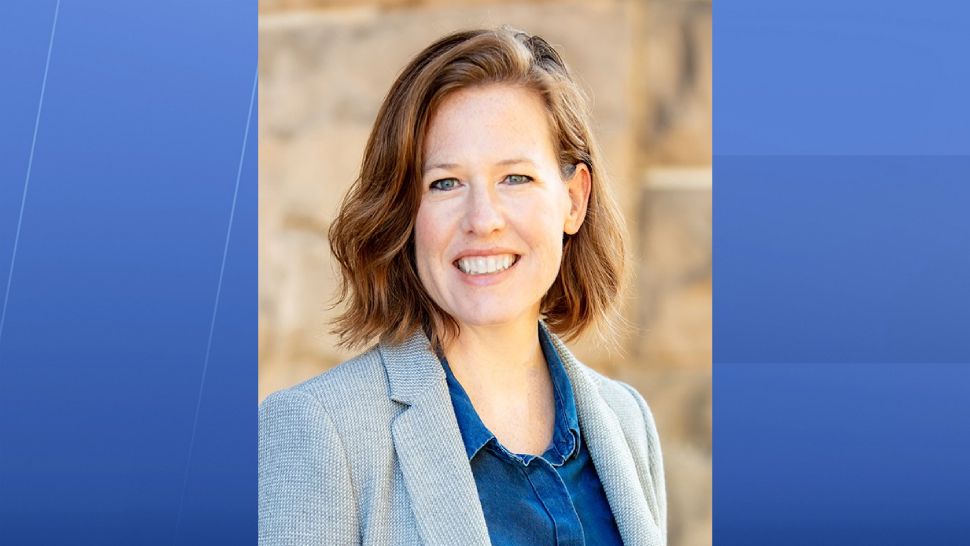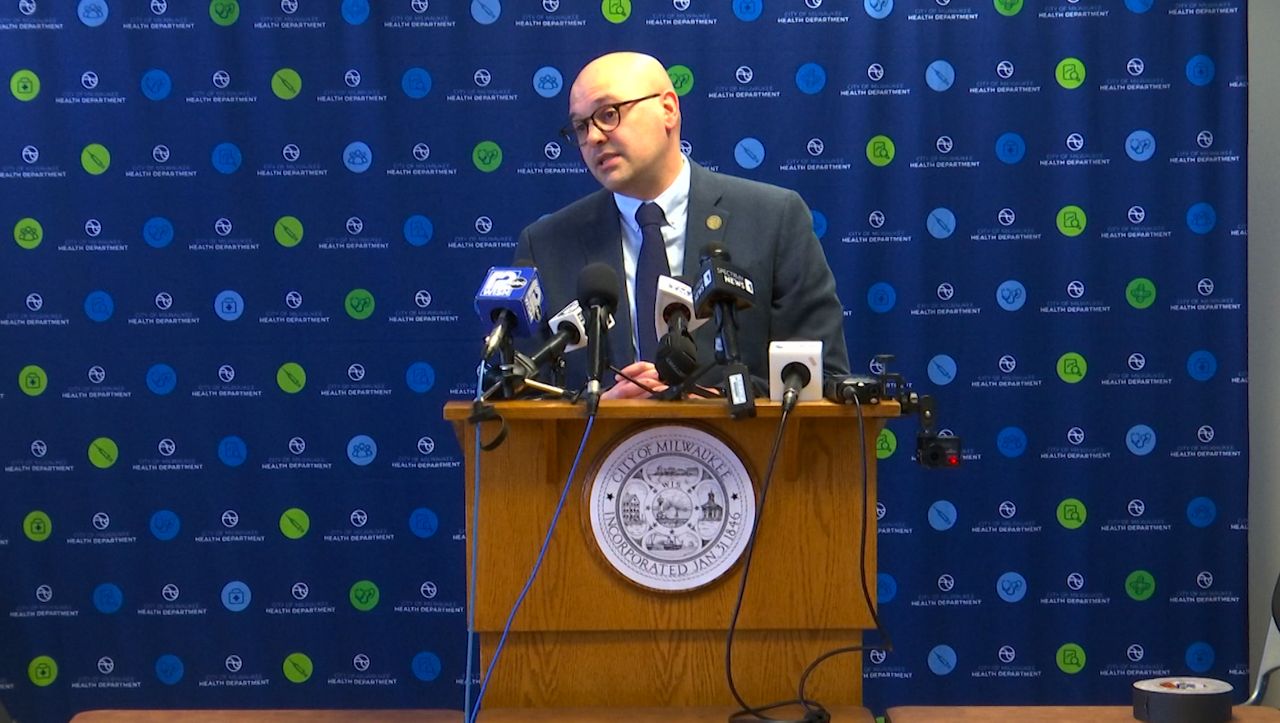MADISON, Wis. — A Wisconsin speech therapist hopes Bruce Willis’ diagnosis will help Wisconsinites with aphasia feel seen.
Marie Severson basically lives in her car. She’s a speech language pathologist and owns Madison Speech Therapy, a one-woman operation.
When she got in her car, a podcast immediately started playing. It’s a speech science show.
She’s fully mobile, so she visits patients in their homes.
“I listen to a lot of podcasts, do a lot of karaoke [during all the driving],” she said.
She said most had never even heard of aphasia until this week.
“If you’re the 9% of people that do know what aphasia is, well done,” she said.
Nearly 2 million Americans are dealing with the disorder.
“It affects someone's ability to express themselves, understand what other people say to them,” Severson said. “It also affects reading and writing skills.”
It doesn’t change the person, their thoughts, or their personality. Intellectually, they’re the same person. They may just have trouble expressing those thoughts.
Aphasia always comes from some sort of injury to the brain.
“It’s an acquired condition, which means you weren't born with it. It can be caused by stroke, brain injury, infection, and in some cases, dementia,” she said. “It really only takes one fall, or one stroke, to really change someone’s life.”
While Severson was sad to hear of Willis’ diagnosis, her patients dealing with aphasia felt seen.
“I’ve had many conversations with patients already,” she said. “Anytime a celebrity has a condition they’re willing to share, it’s a great opportunity to increase general awareness with the public.” “I’ve had many conversations with patients already,” she said. “Anytime a celebrity has a condition they’re willing to share, it’s a great opportunity to increase general awareness with the public.”
That kind of feeling can be so vital for someone struggling with their health, especially when they’re having a hard time expressing it.
“It’s always helpful for people to connect with other people who are experiencing aphasia, because it can be an isolating condition,” she said.
The condition can be so isolating that people may not be able to say those three little words that we all know are actually big words.
“I recently was working with somebody who was having trouble expressing their love for someone else,” she said. “I helped them say “I love you” to their spouse. That’s just a beautiful moment, to be able to help someone communicate with the people that matter most.”
Aphasia can come on immediately after a brain event, or it can progress slowly. The National Aphasia Association has more information here.










